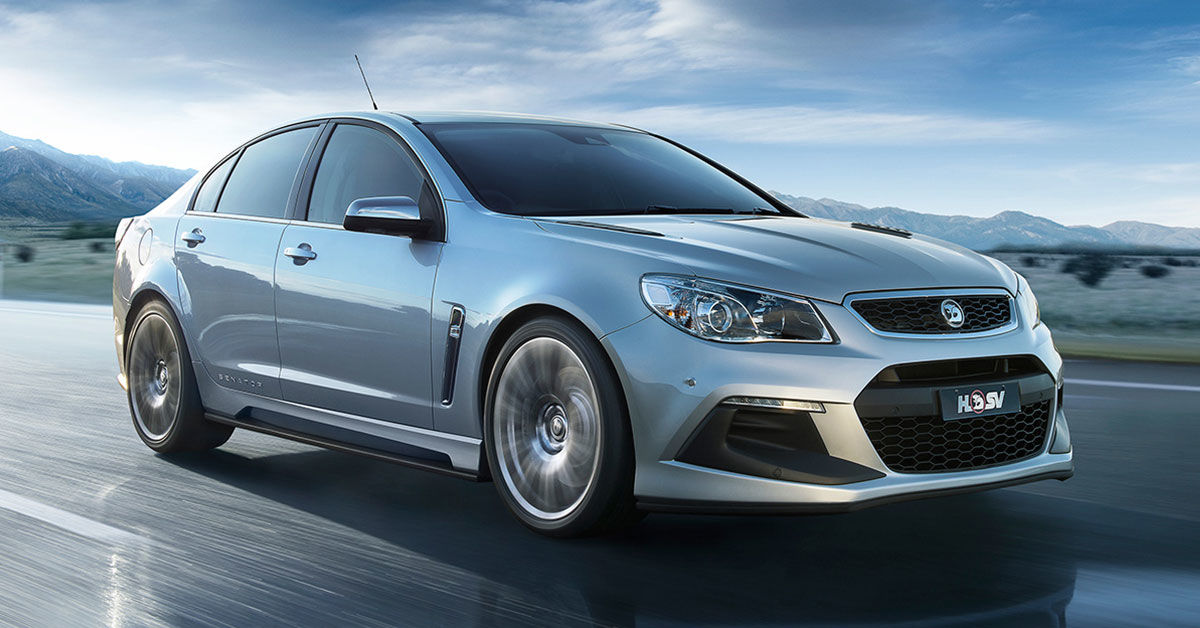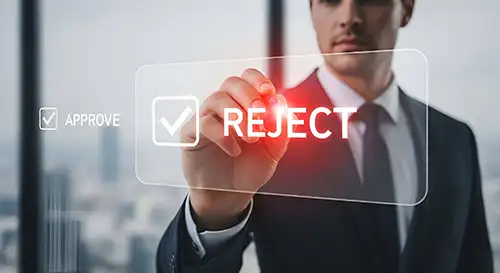At Rapid Finance, we look beyond your credit score. Our team specialises in finding car loans for people with past defaults or bad credit — with real solutions, fast.
Bad Credit Car Loans
- No 'hard' credit check when you apply
- Low rates and repayments
- Fast loan application process
- New, used, private or dealer vehicles
- Friendly help and support from the experts
- Finance for personal or business needs
- Excellent 5-star reviews
Not sure which car loan to choose? We could help. Our expert team of car loan specialists could find and recommend a loan matched to your personal or business needs. We are driven by a passion for finding great finance solutions for all our customers.
Discover how we can help by selecting one of our services below. Or chat to one of our team members over the phone today.
















